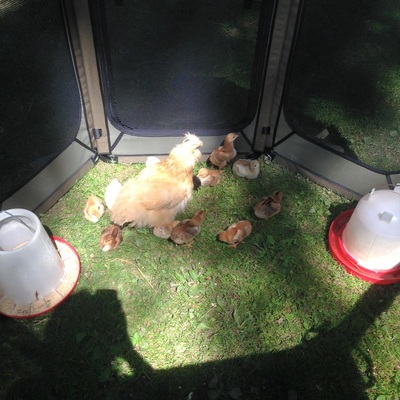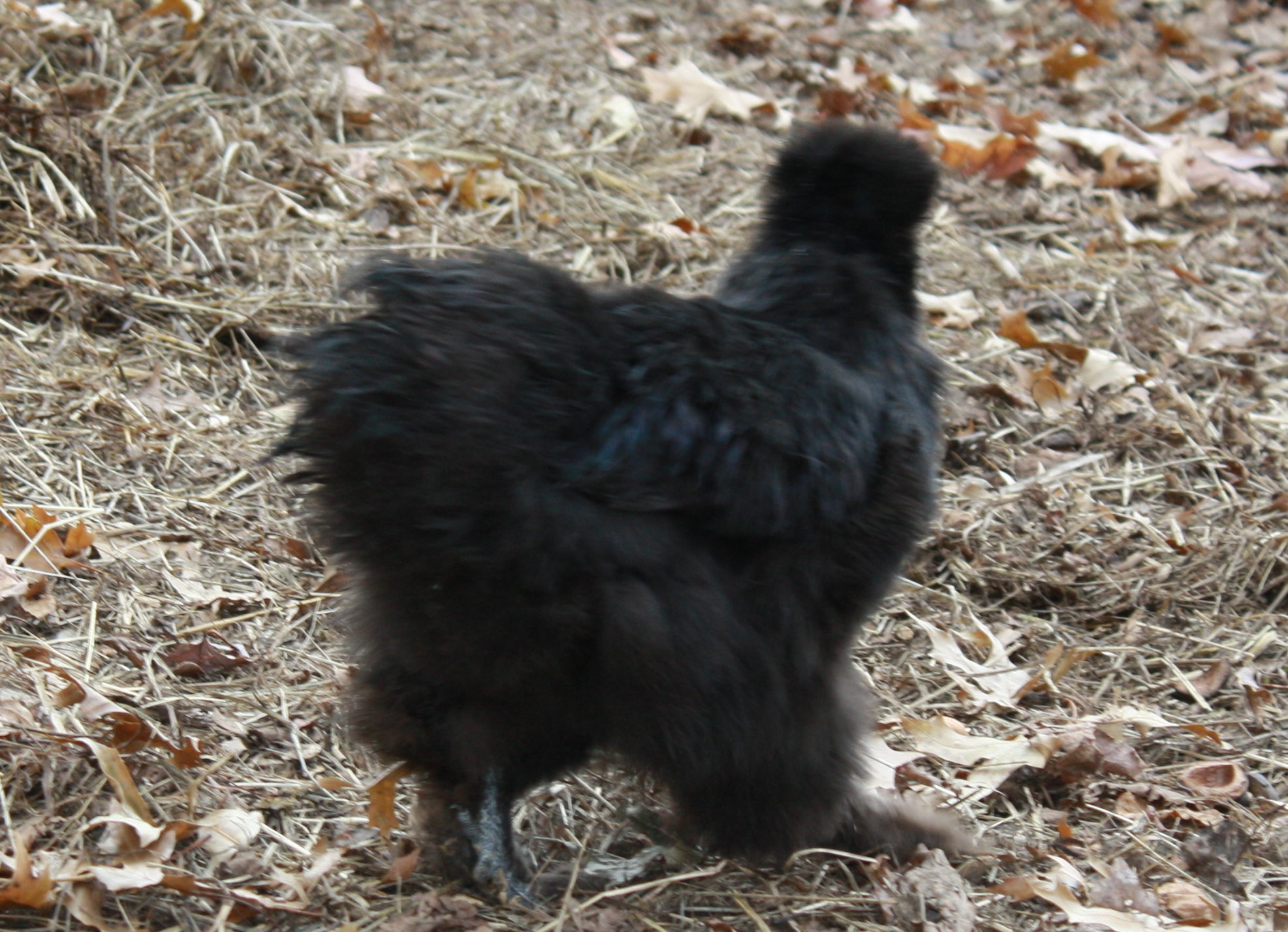Silkies are a great breed
When it comes to chickens, one breed seems to stick out over the rest. Everyone seems to have at least one of these little cuties in their flock. What breed am I talking about? The silkie, of course! These little Bantams aren’t just adorable, they also have some great attributes to add to any flock.
Developed in southeast Asia, the breed is named for its fluffy fur-like plumage, which is said to feel like silk. The feathers are not the breed’s only standout characteristics: black skin and bones, five toes as opposed to four), and blue earlobes are just a few more. They maintain spunky personalities with an almost diva-like attitude. Their docile temperament makes them a favorite amongst children everywhere.

Buttercup, my gorgeous Buff Silky
A little about Silkies
Silkies come in a variety of colors both standard and nonstandard choices. Recognized colors of grey, blue, splash, partridge, buff, black, and white are available. Nonstandard variations of red, lavender, porcelain, and cuckoo can also be acquired. Silkies can be bearded or non-bearded, always having feathered legs and walnut combs. While silkies aren’t great egg layers, they do lay three or four adorable, small cream-colored eggs per week. They are more known for being great brooders than anything else. Luckily, they also make wonderful mommies, because it’s all they want to do.
They bear confinement well, making them great for a small backyard flock. Doing well in both warm and cold climates ensures them homes all over the world. Keeping them in a clean, dry environment is important in both extremely cold and hot climates. Given the opportunity, they are fantastic foragers, munching upon both vegetation and bugs.

Miss Sassy Pants
Why not have 1 or 20?
So, with so many wonderful qualities, why wouldn’t they be perfect for your flock? As they’re easily bullied by larger aggressive breeds, they may require separate housing. They’re even known to live in homes and apartments as full-fledged house pets.
Those little-feathered feet may require a bit of washing after a muddy rain. Silkies are extremely difficult to sex, therefore ordinarily being sold in straight run batches. While not extremely high-maintenance, they require extra care to stay lice and mite free – with extra down feathers comes a bit more responsibility. Typically, as they often choose to sleep in nesting boxes over roosting, a little extra box clean-out will also be required. However, the silkie chicken is sweet, docile, cute, and lovable — therefore worth it!
Follow Carrie on Facebook, Miller Micro Farm, Community Chickens, and Mother Earth News.













2 Comments
I would love to have silkies, but the winters are so cold and was wondering if it’s best to just wait until spring time. I have seven hens now, and they have their own coop that I keep clean but thinking it gets so cold. Would spring be better? Thankyou
HI Judy,
I’m inclined to advise you to wait until spring, unless you plan to keep them in very warm draft free environment, like a garage. We have raised chicks in the winter but have found it to be a bit more of a struggle. Especially since silkies are not especially hardy to begin with.
-Carrie